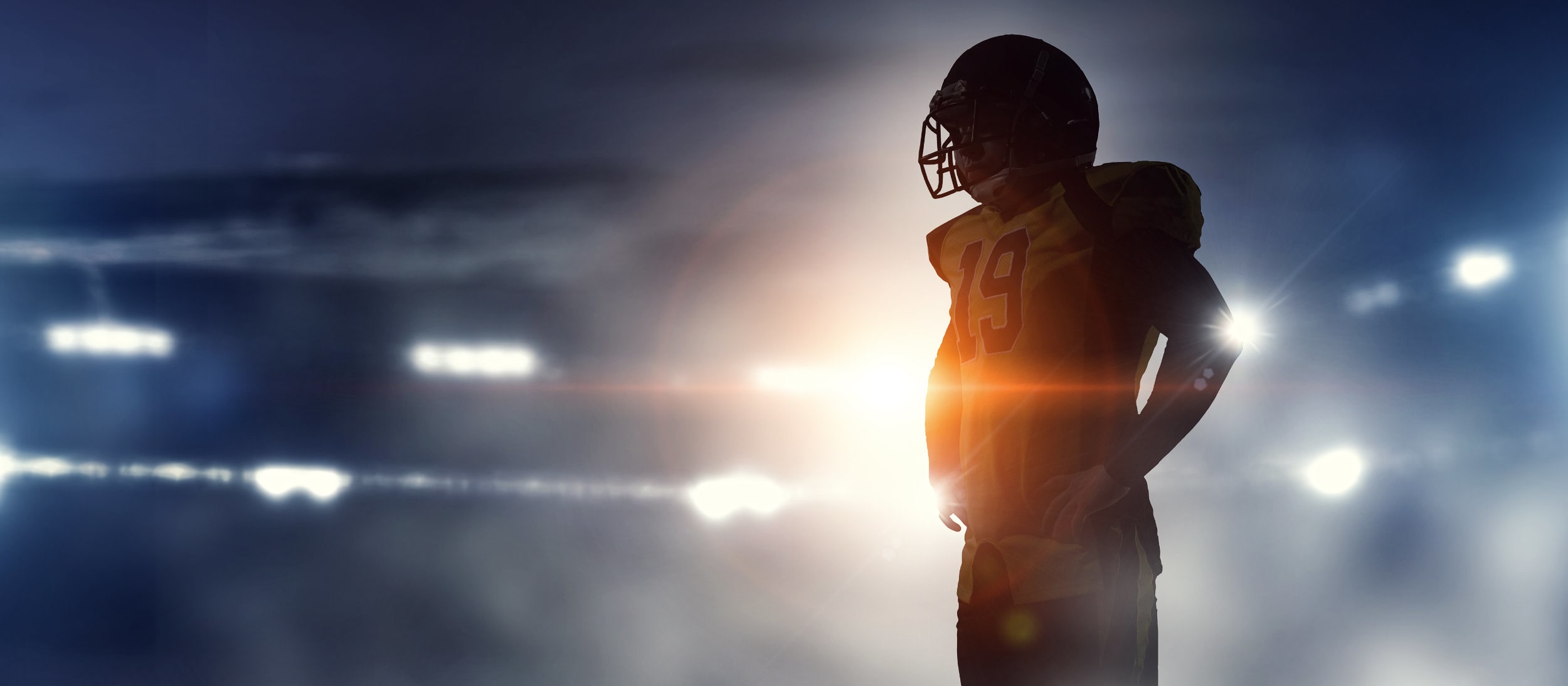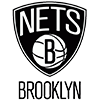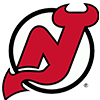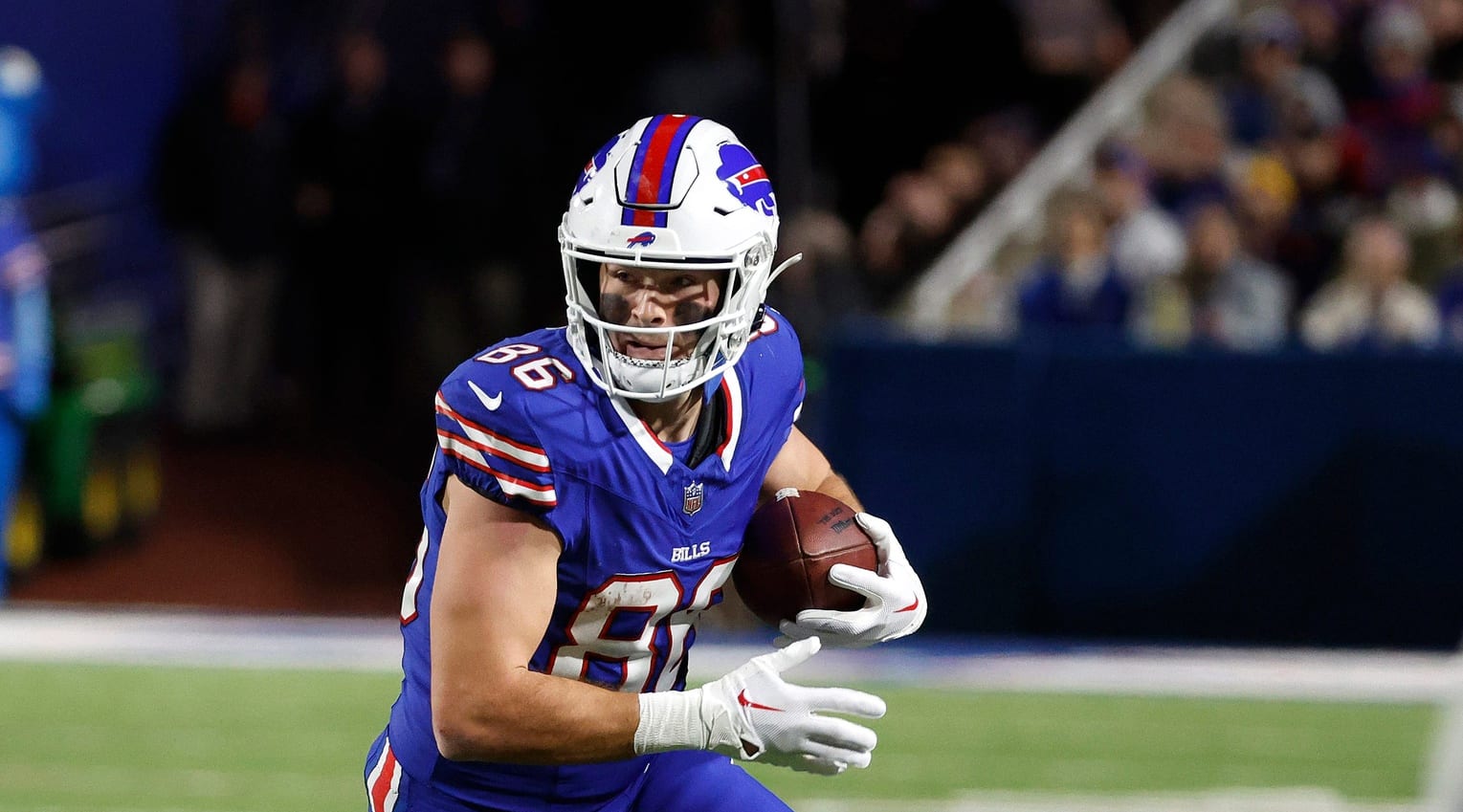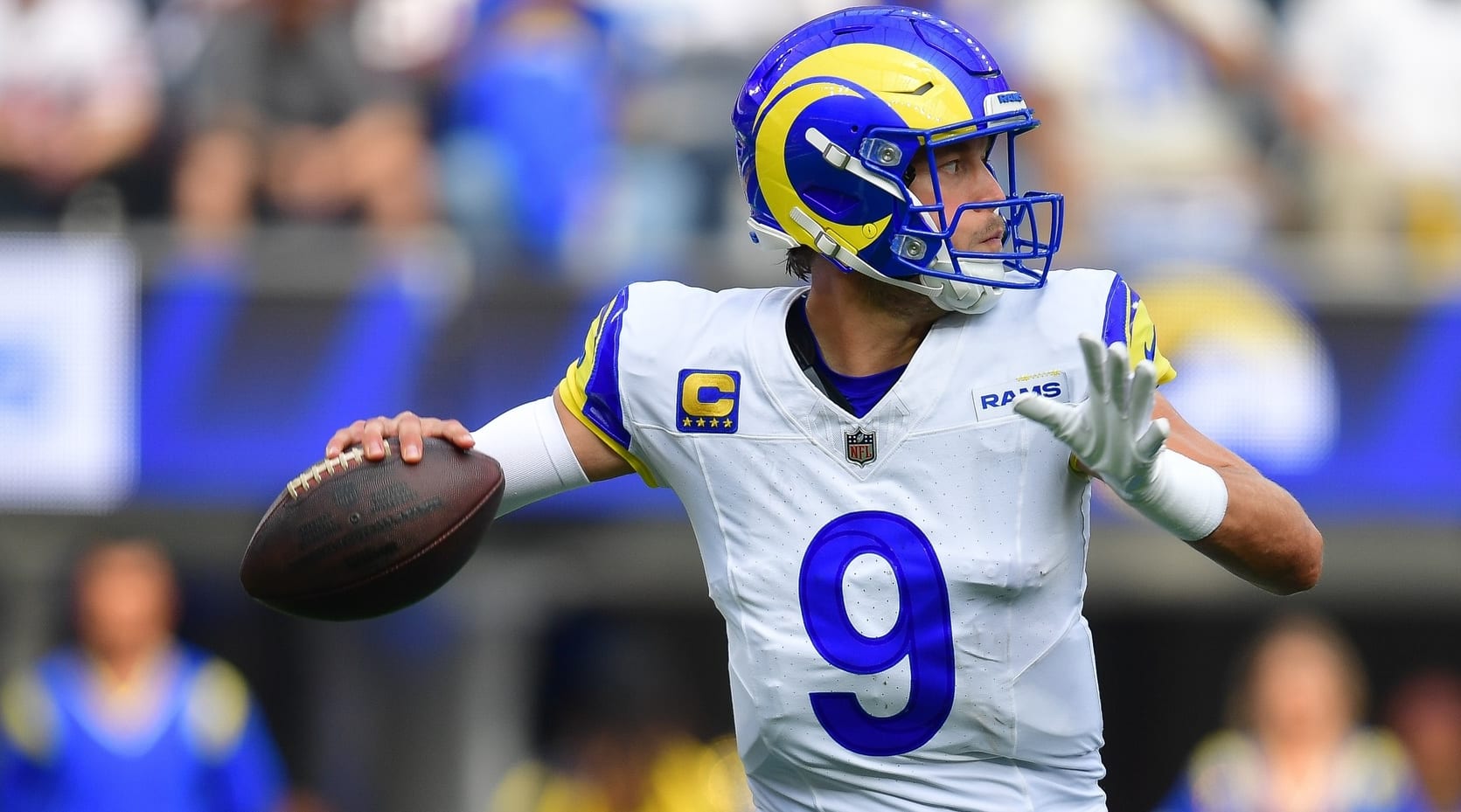Five Things to Downplay or Ignore on Draft Day
1. Bye Weeks
In standard 12-team leagues where you can pick up players off waivers every week, there's virtually no reason during your draft to pay attention to what weeks your players are off. For starters, if you draft a team with key players who are off the same week, that just means you'll take your medicine all at once, something that's arguably better than being at less than peak strength for 4-5 different weeks. In fact, because your team can easily lose even with everyone active, losing with everyone on bye just makes it likely it'll be by a wider margin than usual - something that's good as each loss counts the same regardless of the score. And in the unlikely event you win, you've just hit the jackpot.
So if anything, I'd want all my byes to occur the same week, but it's so unlikely you'd be able to build a team like that it's not even worth taking into consideration at the draft. You draft the best combination of players and let the byes fall where they will.
The one exception might be at quarterback where you'd want to take a backup that doesn't have the same bye as your starter. But in a 12-team league it's (a) not even necessary to take *any* backup quarterback - so plentiful is the supply of them on the waiver wire; (b) even if you did draft a backup with a
Five Things to Downplay or Ignore on Draft Day
1. Bye Weeks
In standard 12-team leagues where you can pick up players off waivers every week, there's virtually no reason during your draft to pay attention to what weeks your players are off. For starters, if you draft a team with key players who are off the same week, that just means you'll take your medicine all at once, something that's arguably better than being at less than peak strength for 4-5 different weeks. In fact, because your team can easily lose even with everyone active, losing with everyone on bye just makes it likely it'll be by a wider margin than usual - something that's good as each loss counts the same regardless of the score. And in the unlikely event you win, you've just hit the jackpot.
So if anything, I'd want all my byes to occur the same week, but it's so unlikely you'd be able to build a team like that it's not even worth taking into consideration at the draft. You draft the best combination of players and let the byes fall where they will.
The one exception might be at quarterback where you'd want to take a backup that doesn't have the same bye as your starter. But in a 12-team league it's (a) not even necessary to take *any* backup quarterback - so plentiful is the supply of them on the waiver wire; (b) even if you did draft a backup with a different bye week on purpose, you'd also have to ensure he had a good enough matchup that he's more valuable than quarterbacks available on the waiver wire - something that's not going to be apparent until that particular week; and (c) that your backup quarterback was good enough to be worth holding on your roster until your starter's bye occurs - which could be as late as Week 12.
In deeper leagues - 14 and especially 16-team ones - it makes a little more sense to consider the quarterback's bye, simply because there might not be viable options on the wire. Even so, it's not hard to trade for or pick up some low-end option for one week.
In sum, your backups (including at quarterback) should be on your roster because you think they might pop, either giving you starter's production, or a valuable trade chip.
2. Strength of Schedule
It might be tempting to boost players who appear to have easy defensive match-ups and downgrade those who have difficult ones. In rare cases, this might be worth considering, but for the most part it's an exercise in folly.
First off, there's a good deal of year-to-year variance among NFL defenses - some that were terrible last year are better this season, in part due to injuries which aren't predictable. Second, variables like time on the field and field possession can affect defensive performance, both of which are in large part determined by the team's offense, adding more uncertainty. Third, the further one looks ahead in the schedule, the less reliable one's forecast for quality of opponent, meaning strength of schedule has the most usefulness early in the year. At best, use it as a tiebreaker among otherwise equal players.
3. Handcuffs
It's tempting to think if you draft Arian Foster, you must draft Ben Tate, but at what cost? Tate has value as a skilled back in a great system who's the clear backup should Foster go down whether you have Foster or not. If we say he's an eighth-round pick on that basis, then by all means take him if he falls to you. Maybe you can reach half a round and grab him in the seventh, reasoning that having the Texans starter locked down should go a long way toward ensuring your team at least makes the playoffs. But to take him in the sixth and forgo a significantly more valuable player is too much of a vig. For starters, you could draft a useful starter in that round and still take someone else's clear backup like Bernard Pierce in Round 8, giving yourself a chance to have both the Texans and the Ravens starters should Ray Rice rather than Foster go down, i.e., by handcuffing you limit your ceiling. Moreover, even getting the clear backup doesn't always lock down the team's RB production. If you took C.J. Spiller and Fred Jackson last year, for example, there are times when both players get carries, and you don't know which one to start, or how they'll be used. That might sound farfetched with Foster/Tate, but if Foster were playing through an injury where the team limited his workload, that could easily happen.
4. Drafting Players on the Same Team
I get this question from both sides. Some people want to get the QB and WR on the team, so they get 10 points for a TD pass between them, and other people don't want to take players on the same team because it's more likely they get shut down together. In both cases, my answer is the same: It doesn't matter enough to consider while you're drafting. Get the best players available whether or not they play for the same real-life team. A QB and a WR can have bad days even if they're on different teams, and to the extent your same-team QBs' and WRs' good and bad days are more strongly correlated, that's not a problem if they're on a team that has more good games than bad. And if your goal is to stack players on an elite offense in hopes of winning it all, that's only worthwhile in a contest like the NFFC where you have to beat out hundreds of people to win the big prize. In a typical 12-team league, that's not something for which you should pay extra.
5. Backup QBs, Tight Ends, Kickers, Defenses
In a standard 12-team league where you start only one of each of these positions, it's not especially important you draft a backup. In 2010, Michael Vick wasn't drafted, in 2011, Cam Newton was a waiver pickup and in 2012 Russell Wilson and Colin Kaepernick emerged as viable starters during the year. Even if you don't come across stars like those, you can easily find serviceable quarterbacks when yours goes down, and in any event, quarterbacks simply don't get hurt nearly as much as they used to. Tight ends are dime a dozen once you get past the first four or five and go about 25 deep, so there will almost always be someone useful on the waiver wire should the player you drafted go down. In fact, you should probably churn all non-top-five TE anyway. Kickers and Defenses merit little explanation. While it's untrue that they don't matter - having the Bears last year or David Akers in 2011 was actually a game changer - no one on the planet can predict which ones will be especially good or bad with any accuracy. That means the options on the waiver wire are just as likely to be as good as your backup (or starter even).
Use those reserve spots as much as possible on wide receivers and running backs, positions that actually do get scarce on the waiver wire, even in 12-team leagues.


